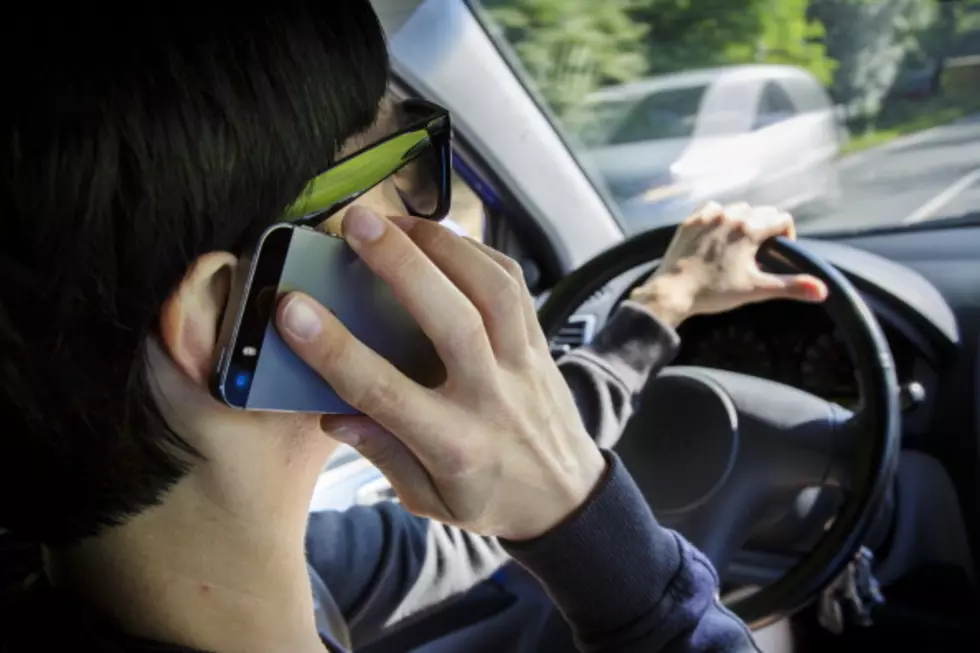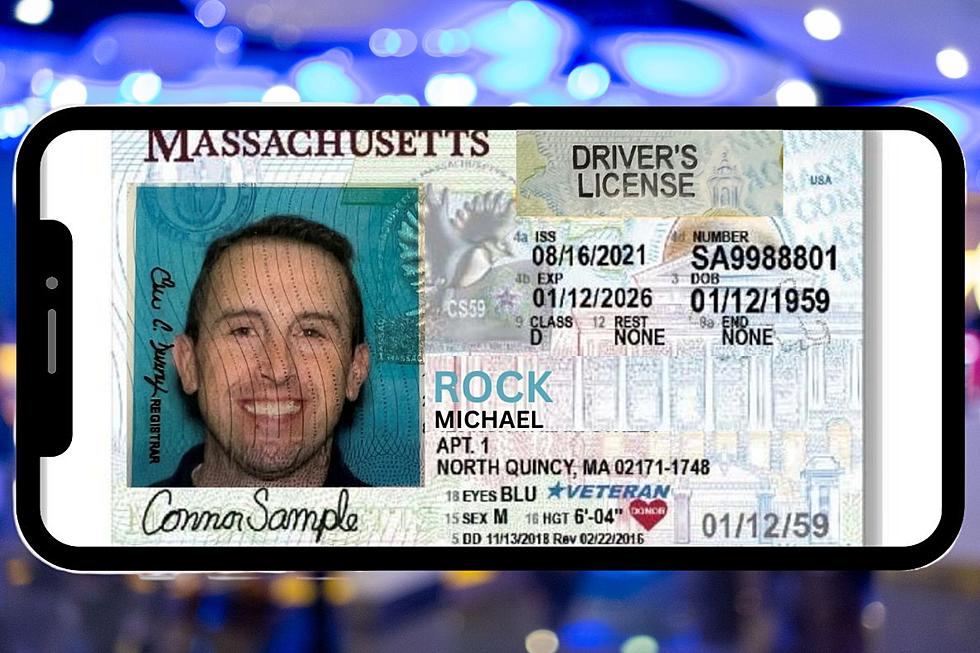
Hands-Free Cell Phone Bill Fast-Tracked in State House
BOSTON — A bill targeting the behavior of motorists in Massachusetts is suddenly in the fast lane.
House Speaker Robert DeLeo said Monday he plans to bring a bill banning handheld cellphone use while driving to the floor next week, days after the state Senate is expected to vote on the legislation.
Though the Senate has passed versions of the bill in each of the last two sessions, House leadership has not brought it up for debate in that chamber. DeLeo said in a Sunday television interview that he expected the House would approve the legislation this year, and on Monday attached a timeline to that projection.
"Hopefully, the Senate takes it up on Thursday, possibly, then it's my hope that we take it up next week, next Wednesday," the Winthrop Democrat told reporters after meeting with Gov. Charlie Baker and Senate President Karen Spilka. "That's at least my goal right now."
The Senate has teed up its distracted driving bill (S 2198) for Thursday, when senators are also expected to be working to file their amendments to the fiscal 2020 budget.
Texting while driving is already illegal in Massachusetts under a 2010 law, and if a broader ban is passed, Massachusetts would become the 17th state to prohibit handheld phone calls and other device use behind the wheel.
DeLeo's recent comments indicate there's now interest in enacting some sort of ban among the Democratic leadership of both branches of the Legislature and the Republican governor.
Baker in January filed a traffic safety package that included hands-free language along with other provisions on seat belts and work zone speed limits.
"I'm optimistic based on the fact that there seems to be a conceptual agreement that this is something that would be good to get done, but I recognize and appreciate the fact that the details on this one, and some of the concerns people have about who gets pulled over and why, are legitimate ones and hard ones to deal with," Baker said.
The Senate bill includes a requirement that police collect data on traffic stops to track and identify any disparate enforcement, including information on the driver's age, gender and perceived race and ethnicity. Several of the 29 amendments senators filed to the bill seek to tweak or eliminate that requirement.
Former Rep. Byron Rushing, a senior member of DeLeo's leadership team who lost his reelection bid last year, had raised concerns about the idea of tougher distracted driving laws because of racial profiling concerns but had said the version of the bill the Senate passed in 2018 included that began to address his concerns.
DeLeo said he considers the bill to be "two-pronged," with distracted driving and racial profiling components.
He plans to meet this week with Transportation Committee House Chair William Straus and Rep. Joseph Wagner, a former co-chair of that committee who is now assistant majority leader, to discuss the issue. DeLeo said he also wants to hear from "a number of members as well in terms of what their opinions are."
More From WBSM-AM/AM 1420









